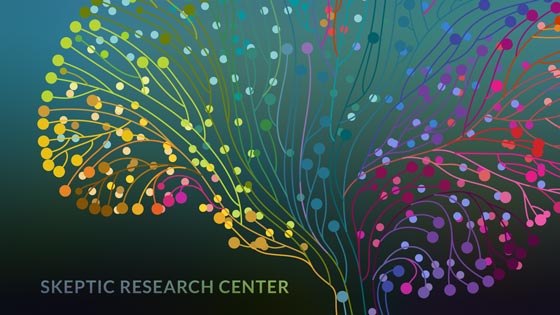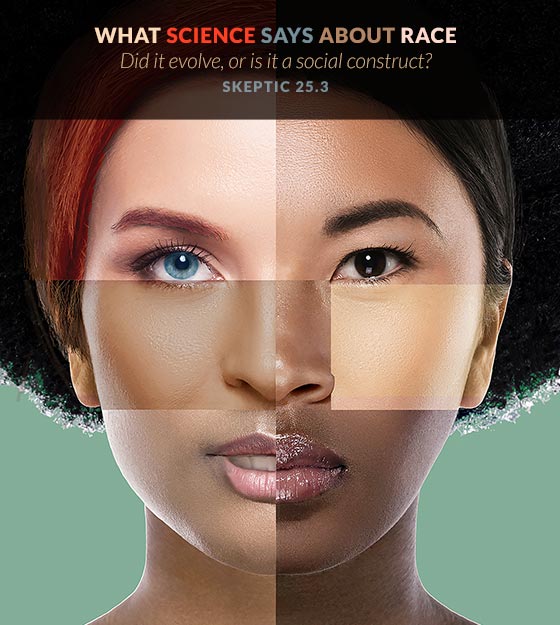NEW STUDY COMING OCTOBER–NOVEMBER
Civil Unrest & Presidential Election Study (CUPES)
What’s it about?
We recently completed the Social and Political Attitudes Study (SPAS) which collected data in October 2019. The purpose of SPAS was to discover which political issues most divide people, and also to discover how the most divided people see the world.
With the Civil Unrest and Presidential Election Study (CUPES), we sought to examine the same topics, but with some new questions, given the rising level of social and economic unrest seen in 2020. Specifically, we examine political and social attitudes as they relate to the George Floyd protests, Coronavirus Pandemic and the upcoming presidential election.
What’s the methodology and who are the participants?
Data is being collected from September through October 2020 via Qualtrics Survey Software and Qualtrics’ sample recruitment services. 1500 adults will fill out an approximately 15-minute survey. The study sample will reflect the U.S. adult population in terms of educational attainment, gender, and age. We will be over-sampling ethnic minorities to ensure that their attitudes, experiences, and perceptions can be assessed adequately. Once data collection is complete and reports and peer-reviewed articles are finished, our data will be made freely available to qualified researchers.
Who are the principal investigators?
Those conducting the data analyses are Dr. Anondah Saide, a psychologist, and Dr. Kevin McCaffree, a sociologist. Anondah and Kevin both head the Worldview Foundations Research Team and are longtime collaborators of the Skeptics Society.
When can I read the results?
Research reports for the Civil Unrest and Presidential Election Study (CUPES) are scheduled to be released from October through November 2020 in eSkeptic and the Skeptic Research Center. Keep an eye out.
How can I support this study?
Science is fundamentally a collaborative endeavor. Your contributions, whether concrete (i.e., monetary) or abstract (i.e., ideas) are important to us. Please check out ways you can contribute to the Skeptic Research Center below:
- Fund our studies. Conducting research is expensive and any monetary contribution you can make goes a long way. Support our research with a donation.
- Provide feedback on our research reports by filling out this short form. We are interested in what you think about our research and use this form to improve the research reports we release.
- Submit an idea for a future study, opinion editorial, and/or video. Submit your ideas via email to: [email protected]
About the SRC
The Skeptic Research Center (SRC) is a collaboration with qualified researchers to release digestible single-topic analyses of proprietary polling and survey data, detailing peoples’ attitudes about the important concerns of our time.
Become involved • Fund studies • Give feedback • Email an idea

Agenda-driven diversity and antiracism training programs are everywhere, but do they work in creating an inclusive culture? In our current climate of high racial tensions and deadlocked civil discourse, is there a more effective way to break down these conversation barriers in order to answer some of the most difficult, polarizing questions that we face today?
Do Diversity Training Programs Work?
Creating a Culture of Inclusion Through Scientific Reasoning
With the rise of the Black Lives Matter (BLM) movement in 2020, government agencies, corporations, and universities and colleges began scrambling to show their support by instituting diversity and racial sensitivity training programs, not dissimilar to what Starbucks did in 2018 when they closed 8,000 stores to put 175,000 employees through an “anti-bias” training program in response to the media frenzy after two African-American men were arrested while waiting for a business meeting to begin there.
Underlying such programs is the belief in the value of diversity and inclusion, and many organizations have taken steps to implement diversity training programs that subtly insist on ideological conformity and often silence open discussions, neither of which are inclusive. The seemingly noble intention of encouraging inclusion is often subverted by agenda-driven trainings that leave little space for different perspectives or nuanced conversations. This contradicts the very essence of the values they are trying to promote.
Most diversity and racial sensitivity training programs are not up to the task of developing truly inclusive environments because they do not foster psychological safety among their participants. I learned this the hard way at Harvard where, as a clinical and social psychologist, I brought together adult children of Holocaust survivors face-to-face with adult children of Nazis, as well as the grandchildren and great-grandchildren of African American slaves and slave holders, the results of which I document in my 2004 book Justice Matters (made into a documentary in 2006) and most recently in my 2020 book The Science of Diversity.
The preponderance of diversity trainings begin with the assumption that we need to eliminate bias and prejudice by purging our “wrong” beliefs, such as those related to historical injustices, power differentials, race and gender differences, and so forth. The contentiousness of this methodology has taken center stage in both the private and political arenas. President Trump recently ordered the heads of federal agencies to cease and desist from offering such trainings, noting that they “engender division and resentment within the Federal workforce.” By contrast, universities and corporations are actively ramping up their diversity and racial sensitivity programs.
A review of the research on diversity and racial sensitivity programs shows that thousands of diversity intervention programs over 50 years have been ineffectual in removing bias and prejudice from people. Telling people that they are biased and need to attend a mandatory anti-bias training, or a racial sensitivity program can activate bias rather than stamp it out. If people feel forced to accept an authority’s agenda, they may do the opposite to assert their autonomy.
In order to comprehend the complexities of our biases, it is necessary to understand the biological, neurological and psychological underpinnings. Commanding people to get rid of biases that are deeply rooted in their personal memories and histories is akin to asking them to shed their very legacies and identities. […]











